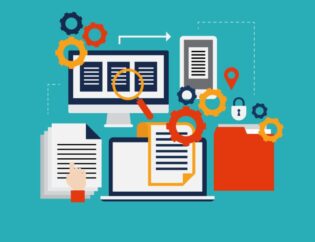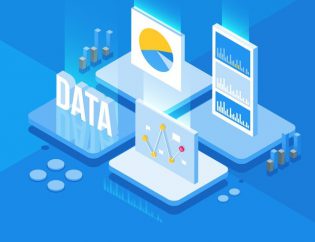Can Data and Operations be friends?
How often are we caught up in situations
- where the team is overloaded with minor tickets from customers
- the constant need to double-check the data as something doesn’t seem right
- “OMG! It requires a hell lot of effort to integrate a newly acquired system into existing data”
- the source systems unstable and constantly changing data that keeps data teams too busy - the cloud journey is unimaginable as the data environment is too complex
… and so on.
Complexities of present data environments and data drifts are challenging the clients enormously in their journeys such as cloud migrations, new systems integrations, self-serviced BI, advanced analytics ...etc.
It is high time to review and prepare for DataOps!!
DataOps is it similar to DevOps or it is beyond it? To embrace DataOps should we not deep dive onto the mindset, people, practices, processes, tools, and technologies for building seamless, continuous, and future integrable data analytical solutions?
Ø How to enable DataOps:
Mindset: Change in thought process from adding ice to fire, crystal focus on continuous improvement by scanning the environments, identifying the constraints and introspect to bring out the trigger and then lay-down the improvement paths.
People/Stakeholders: Engage all stakeholders such as business owners, users, architects, data scientists, and engineers to form completely collaborative and cross-functional teams.
Process: People and Processes play a vital role together. The process is only as fast as its slowest link. Focus on bottlenecks and establishing a regular process for identifying, addressing and monitoring the elimination of bottlenecks is quite important
Tools and Technologies: Choosing the right tools and technologies that are agile yet robust and scalable, easy to integrate is quite important. The need for tools and technologies is throughout the life cycle such as preparation, repositories, agile, integration, testing and deployment
DataOps Framework

DataOps helps big data teams create reusable components, automate data pipelines and monitor operations. It enables data scientists to provision temporary data sandboxes and create simple data pipelines. DataOps creates an opportunity for data analysts and users to service their own data needs, within a curated data environment which is facilitated by a data catalog and data presentations tools.
DataOps is a continuous journey. We and Our teams imbibe the DataOps mindsets and embrace it as our DNA to add continuous value to our customers.



